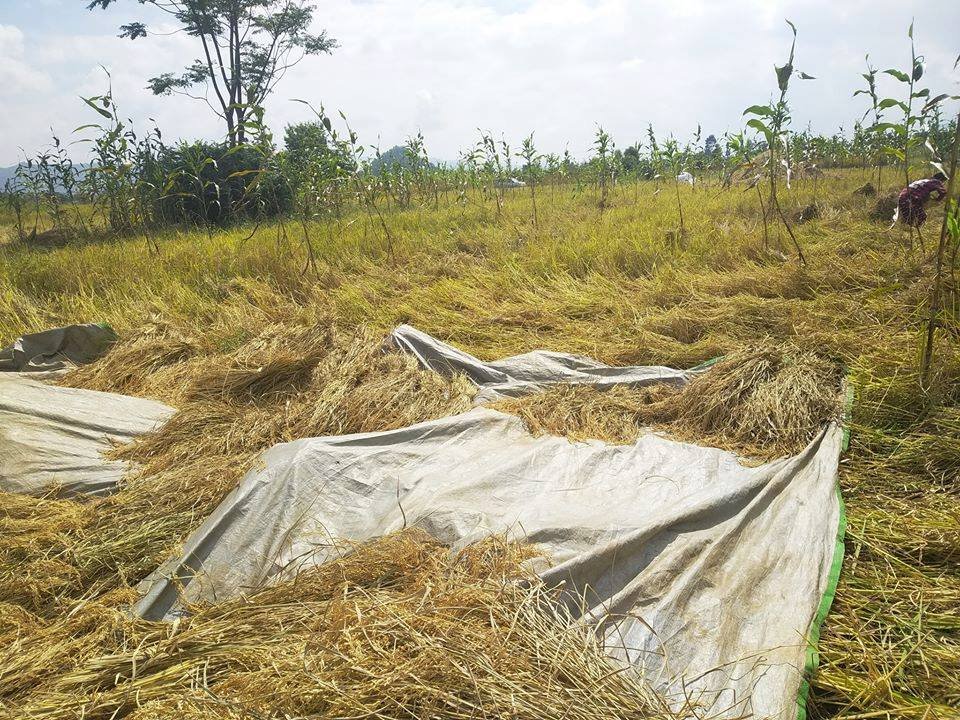By Kantarawaddy Times
Ethnic leaders need to know their rights in order to defend their people in Karenni (Kayah) State, said Myint Thwin, a lawyer.
The Army and members of Myanmar’s judicial system understand the legal system and are utilizing this knowledge for quick settlements with the current land disputes.
“Some of this land has been confiscated since 2014. Farmers’ documents proves they have been planting on this farmland for 50 years,” he told the Kantarawaddy Times.
Myint Thwin said the government needs to enact laws to protect the farms of ethnic people.Karenni farmers from Demawso were convicted for trespassing and damaging private property after protesting on land they say the Tatmadaw (Burma Army) stole from them in 2010.
When they attended court hearings last month some of the defendants couldn’t understand what was happening, said Ko Tu Reh, chairperson of Karenni State Farmer Association.
“There was a language barrier,” he explained. “They can only speak their mother language and not Burmese, and that’s why they faced difficulties in court.
“Some farmers that were prosecuted don’t have official land ownership documents, even though they have cultivated the land for many years.
The government can’t seize land from ethnic people because they don’t have official land documents, Myint Thwin said.Article 22 of the 2008 Constitution states, “The Union shall assist: (a) to develop language, literature, fine arts and culture of the National races; (b) to promote solidarity, mutual amity and respect and mutual assistance among the National races,” he said.Article 22 of the constitution states, “The Union shall assist development, consolidation and preservation of National culture.
“Myint Thwin said article 52/b of the VFV land law (virgin, fallow and vacant land law) says the government must compensate farmers if they take land they have cultivated for fifty-years.Since July, 22 farmers have been charged and 12 are in prison.


